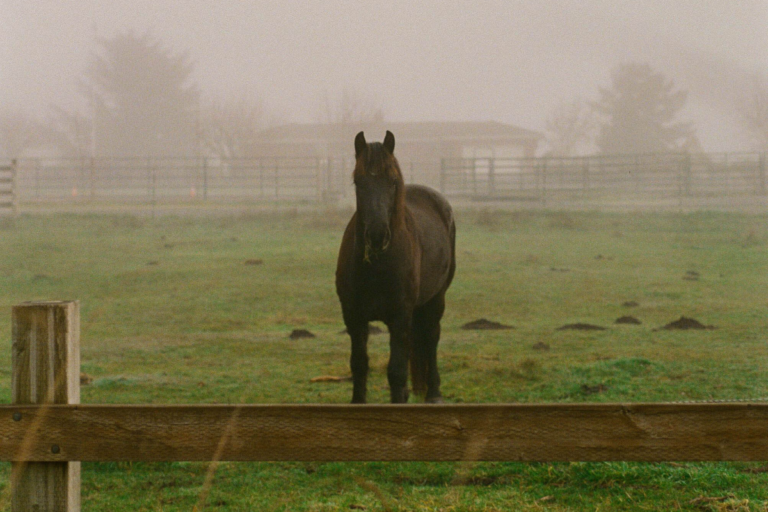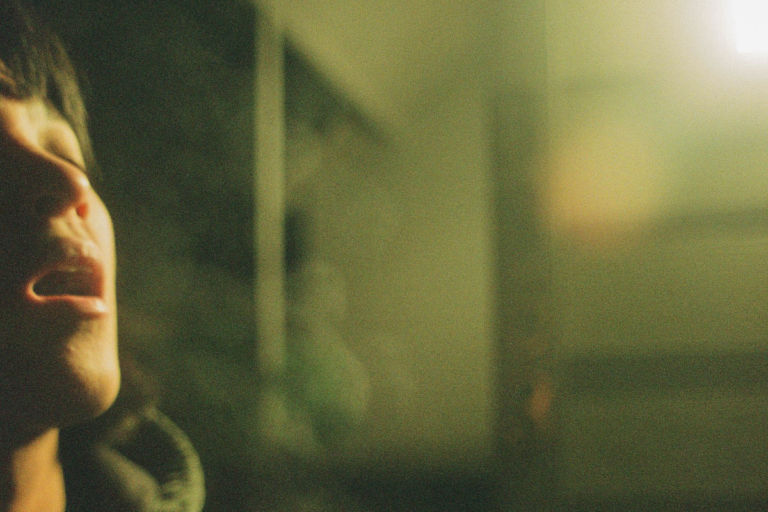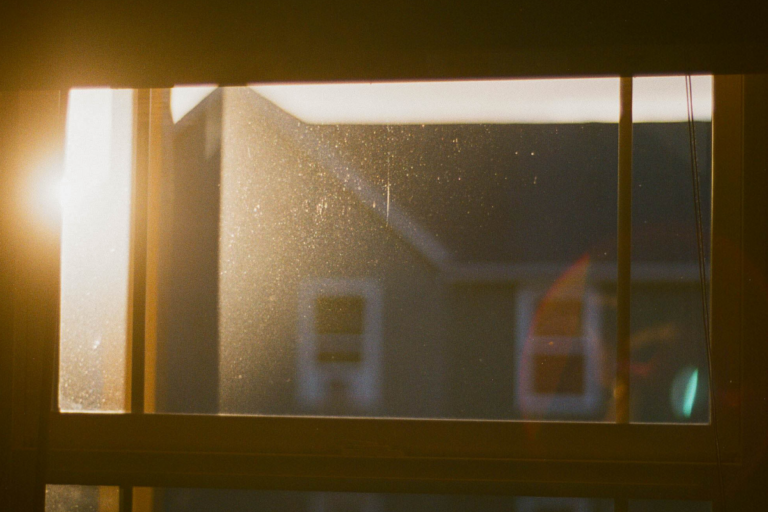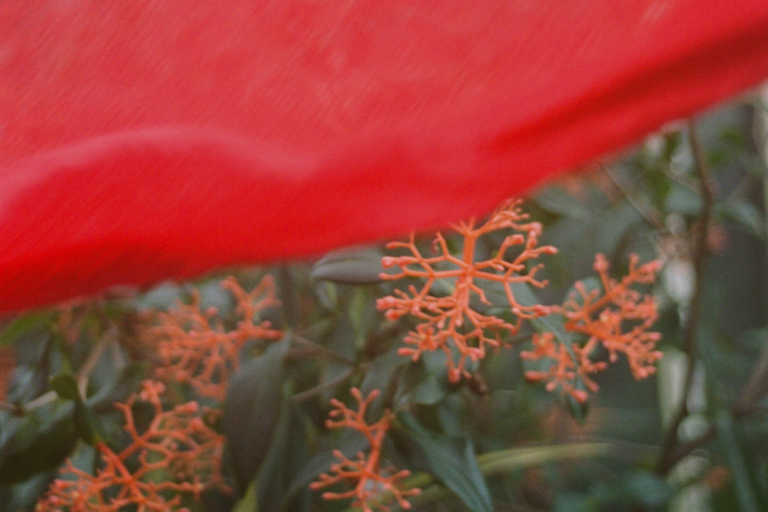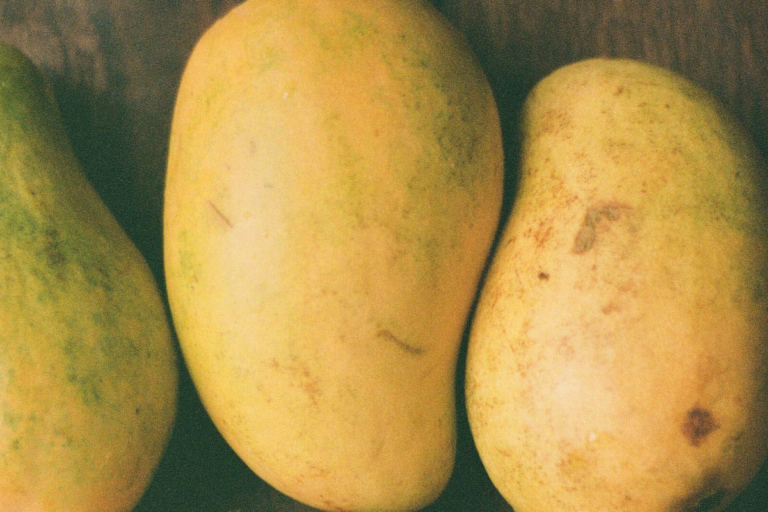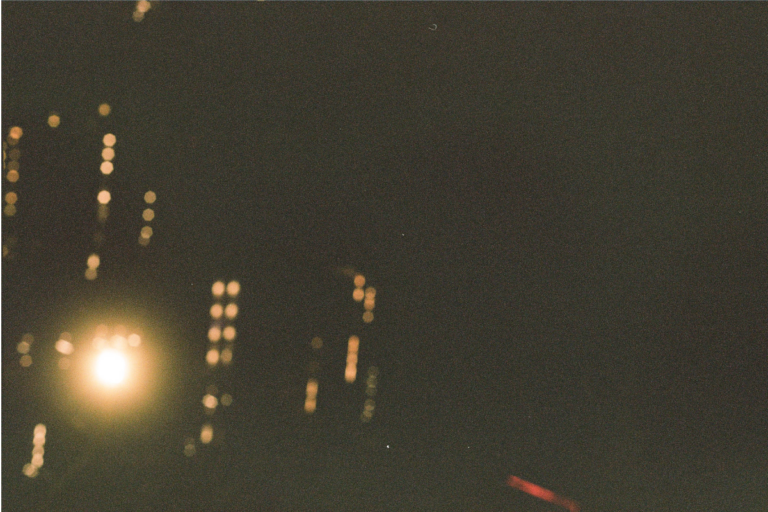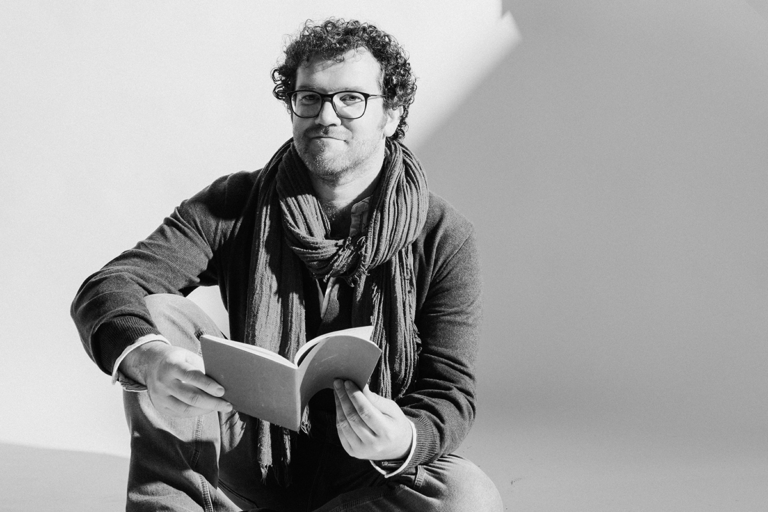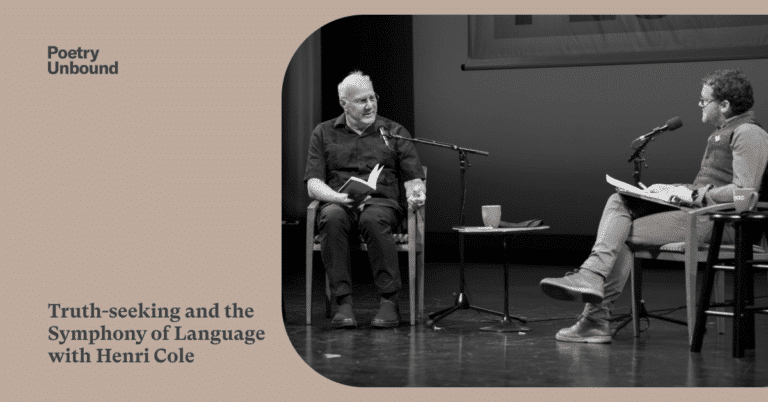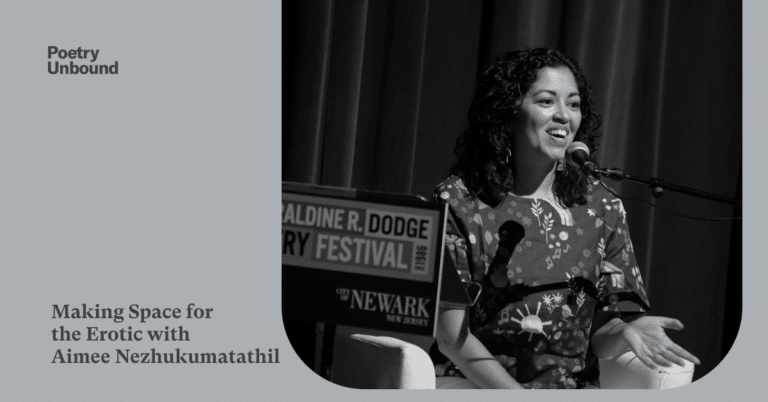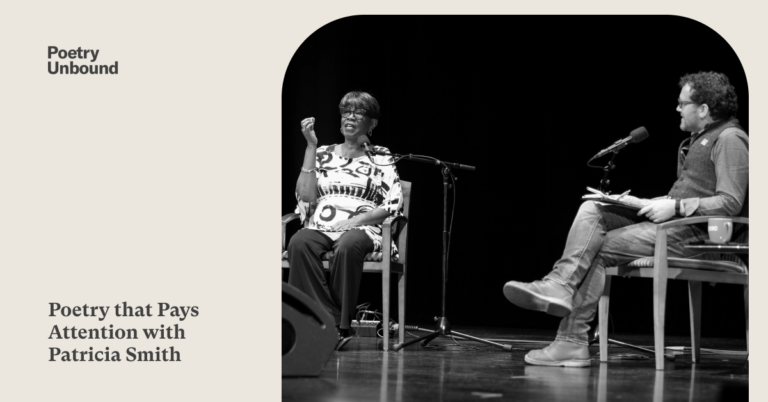February 12, 2024
Michael Klein
Swale
A horse race from the 1980s may not seem like the obvious inspiration for a poem that celebrates so many of the things that make our lives worth living — good company (human and animal), good books, good food, and honest work — and that is just part of the surprise, delight, and surging joy of Michael Klein’s “Swale.”
We’re pleased to offer Michael Klein’s poem, and invite you to read Pádraig’s weekly Poetry Unbound Substack, read the Poetry Unbound book, or listen back to all our episodes.





